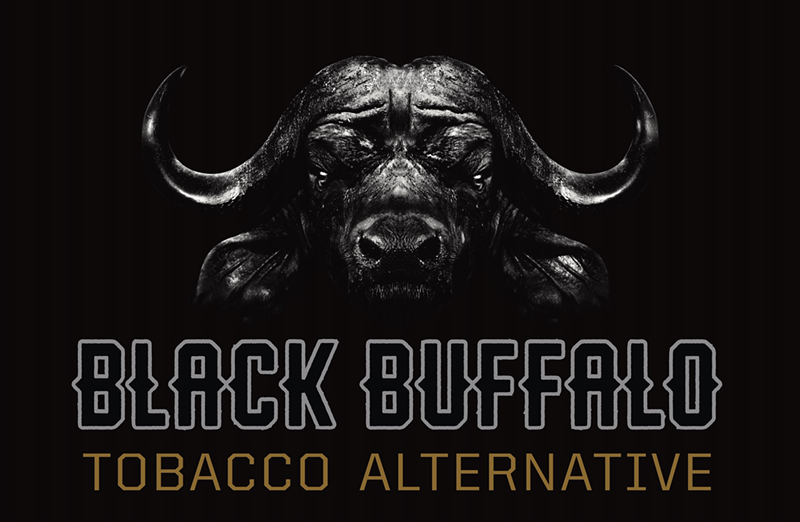When we look at the way American culture has been shaped and defined, there is one constant throughout history that still holds true today: community. We all may be unique individuals, but we learn about who we are through the commonalities we share with others. When each community comes together—now, sometimes virtually—we build the identity of a nation.
Tobacco has been part of the American persona since the beginning. Agricultural communities base their entire culture around the plants that support their livelihood; and the agricultural hubs that supported the settling and founding of the United States were heavily dependent on tobacco. Newly popular in Europe, and used heavily among early settlers, the plant supplied the economic backbone of the South until very recently.
Professional and recreational sports were always synonymous with tobacco use, and its prevalence can still raise some controversy from time to time. Whether gathering to play or spectate, a pitcher on the mound meant a pinch in your cheek. Beer and chew and baseball were the symbols of summertime in communities across the nation.
And since the time of the Industrial Revolution, putting laborers in factories for long hours with few breaks, chewing tobacco has broken up the monotony of endless, grueling days. Workers gather to smoke, certainly. However, dip can be used anywhere at any time—which is conducive to tobacco use in factories and other settings that involve long hours with few breaks. People who enjoy dip can pinch throughout the day and gather at the end to watch the game, have a cold brew, and savor a wad of chew.
America’s First Love was Tobacco
Tobacco was not new to the human race when Europeans first discovered its use. Indigenous people on the American continents had been using tobacco for centuries before settlers arrived. Tobacco was a sacred crop used for everything from spiritual ceremonies and celebrations, to curing toothaches and healing wounds.
That was just the beginning of America’s love-affair with tobacco. The plant’s popularity among settlers and as an export partially financed the Revolutionary War; and later it formed the basis of North Carolina’s economy, since it was among the only crops that would naturally take to the region’s sandy soil. It was also Virginia’s most important cash crop for a long portion of American history.
The founding fathers enthusiastically grew tobacco, and Andrew Jackson even had spittoons installed in the White House when he was president. Politics and tobacco went hand-in-hand until the final spittoon was removed from the Senate floor in the 1980s. Until then, a box of snuff sat on the Vice President’s senate desk for senators to partake.
Legislative proceedings may well have been made more civil through passing the box of tobacco from one side of the aisle to the other, much like the hand-shaking that happens in baseball.
Building Healthier Communities Meant Ditching Tobacco
As communities have become more focused on the wellness of their members over time, they are more cognizant of the health risks associated with their customs. Anti-smoking campaigns in the 1970s inspired people to kick the cigarette habit, but some started looking at chewing tobacco as the healthier alternative. Those that thought they found a replacement got the rug swept out from under them, when they later learned that the roasting and fermentation processes used for making dip caused a buildup of carcinogens on and in the leaves.
Years ago, dip users who wanted to avoid mouth and throat cancers found a way to stop their use without any replacements. The last couple of decades, however, have seen a rise in dip use again. Vapes and other smokeless nicotine delivery are becoming popular, and they have piqued consumer curiosity about chew, too.
Looking for an Alternative that Satisfies
Even though consumers have a renewed interest in chewing tobacco, their focus on health and wellness is now a factor in the choices they make. They want products that offer the same experience of the dip that their parents and grandparents enjoyed, without the tobacco itself. They want a product that makes sense in the alternative market, while holding on to the traditions that have defined their communities.
Black Buffalo’s smokeless tobacco gives users the authentic experience, the ritual, and the nicotine, without tobacco leaves or stems. Their tobacco-free dip changes everything about the market moving forward because there is finally a product available that can replace the dip while honoring the culture.
One of the best things about using the smokeless tobacco alternative made by Black Buffalo is the fact that you can order it online, without ever having to set foot into a store. Prices are determined by the company, and they are not subject to the same fluctuation caused by anti-tobacco laws. Customers know that they can count on Black Buffalo’s product pricing to be relatively stable, and they never have to worry about driving all over town looking for their favorite chew again.
Filling the Void, Shaping the Future
When we look into America’s history, it is easy to see the role tobacco has played in forming our communities and our pastimes. From the first colonists who learned how to use tobacco for their toothaches, to today’s dip enthusiasts who enjoy a wad of chew at the game or during a long day at work, tobacco is a part of our culture.
More recent health concerns have led us to move away from tobacco use, but a lack of replacement leaves a hole in some of our traditions. People are looking for alternatives that satisfy cravings without the actual tobacco use, and Black Buffalo is poised to fill the void in the market. Vapes and other nicotine delivery methods may help people who smoke cigarettes kick their habit, but nothing has quite replaced the experience of chew until now. Black Buffalo is charging ahead and shaping the future of American communities everywhere.


